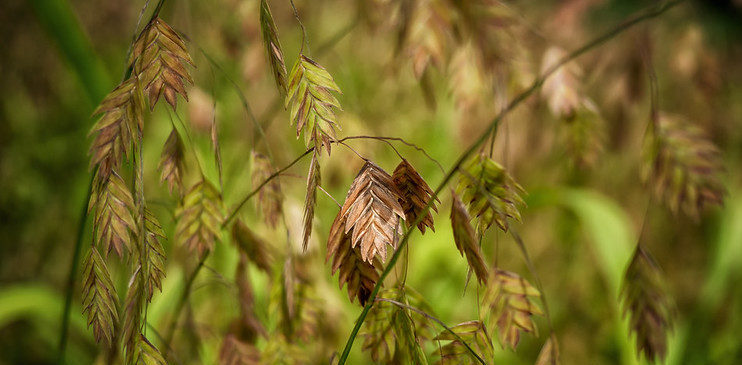About 87% of the world’s harvested area is cultivated with annual crops, mainly grains, that must be resown every year or season. A shift to perennial agriculture/grain crops could turn cropping into a carbon sink for decades, reduce greenhouse gas emissions such as nitrous oxide and significantly reduce erosion and nutrient leakage. Perennial crops also have the potential to drastically reduce the costs of farming by cutting the need for external inputs (seeds, fertilisers, pesticides, machinery, energy, and labor) and hence generate social and economic advantages particularly to farmers and rural societies.
As a side event associated with the UN Food Systems Summit 2021 Science Days, organised by the Scientific Group of the UN Food Systems Summit 2021 and facilitated and hosted by FAO, offers an important opportunity to support the agenda setting process with scientific evidence and perspectives. In the lead-up to Science Days and the UN Foods Systems Summit 2021, the side-events on 5-7 July offer an opportunity for partners to present their insights on science, technologies and innovations that can drive food systems transformation.
The Land Institute (USA) in collaboration with Birzeit University (Palestine), Lund University (Sweden), Yunnan University (China), and Swedish University of Agricultural Sciences (Sweden), will be hosting a conversation about the potential of perennial agriculture. Join this webinar titled ”A Perennial Revolution of Agriculture – is it desirable, possible, imminent?” to learn more about the development and benefits of new perennial grain crops and perennial polycultures.
Programme
- Setting the scene of a perennial revolution,
Lennart Olsson, Lund University. - The prospects and approaches of developing perennial grain crops,
Tim Crews, The Land Institute. - Perennial sorghum,
Pheonah Nabukalu, The Land Institute. - Perennial rice,
Fengyi Hu, Yunnan University. - Perennial grain crops for temperate climates,
Anna Westerbergh, Swedish University of Agricultural Sciences. - A perennial vision,
Aubrey Streit Krug, The Land Institute and Omar Tesdell, Birzeit University. - Discussion
Find out more.
(Note: the given times are given in Central Time (US and Canada)!
